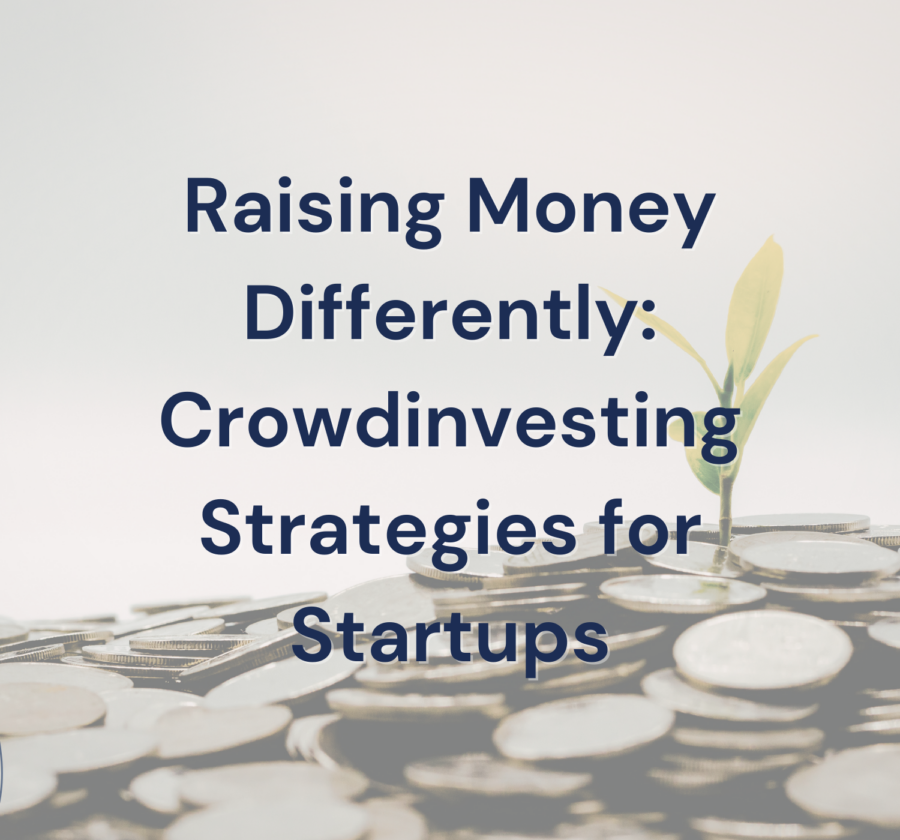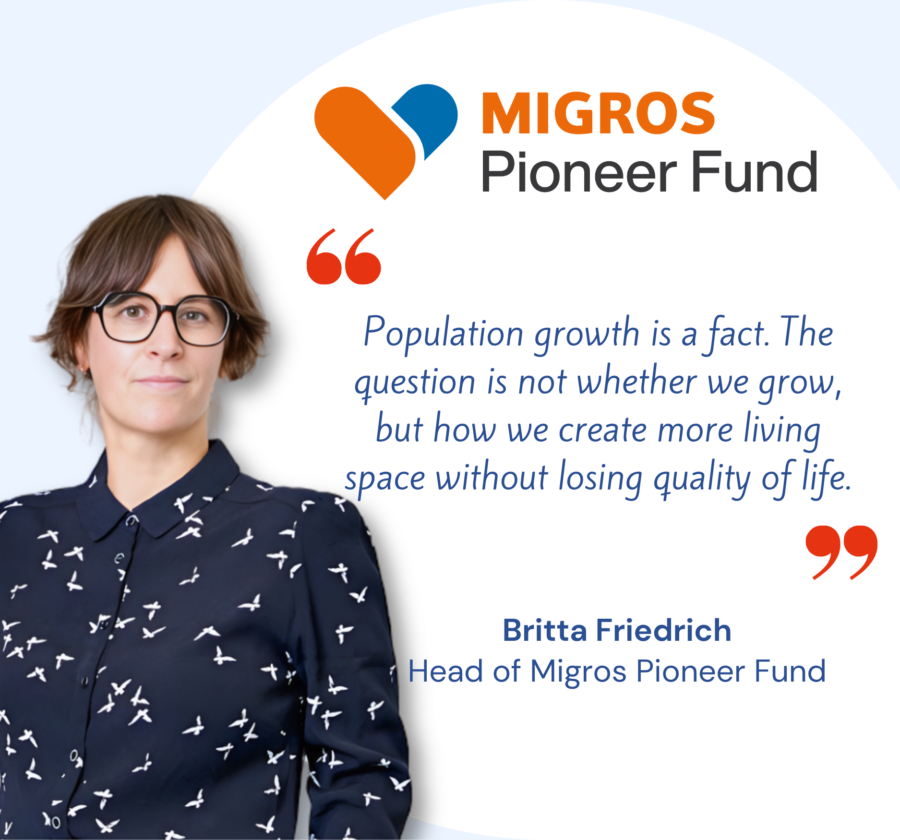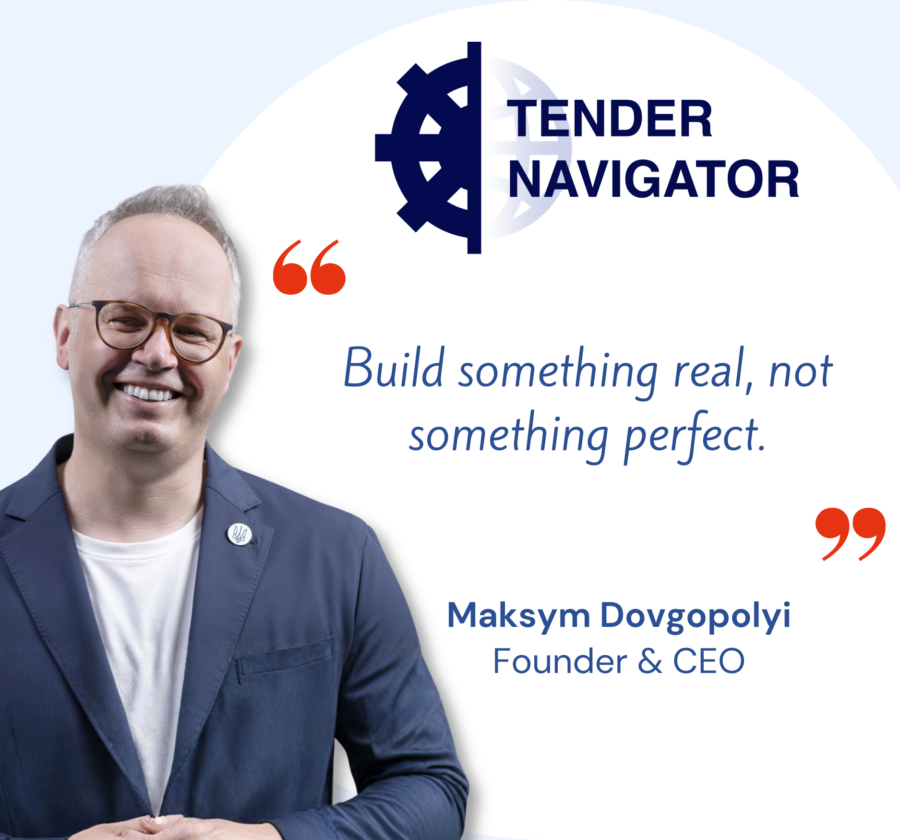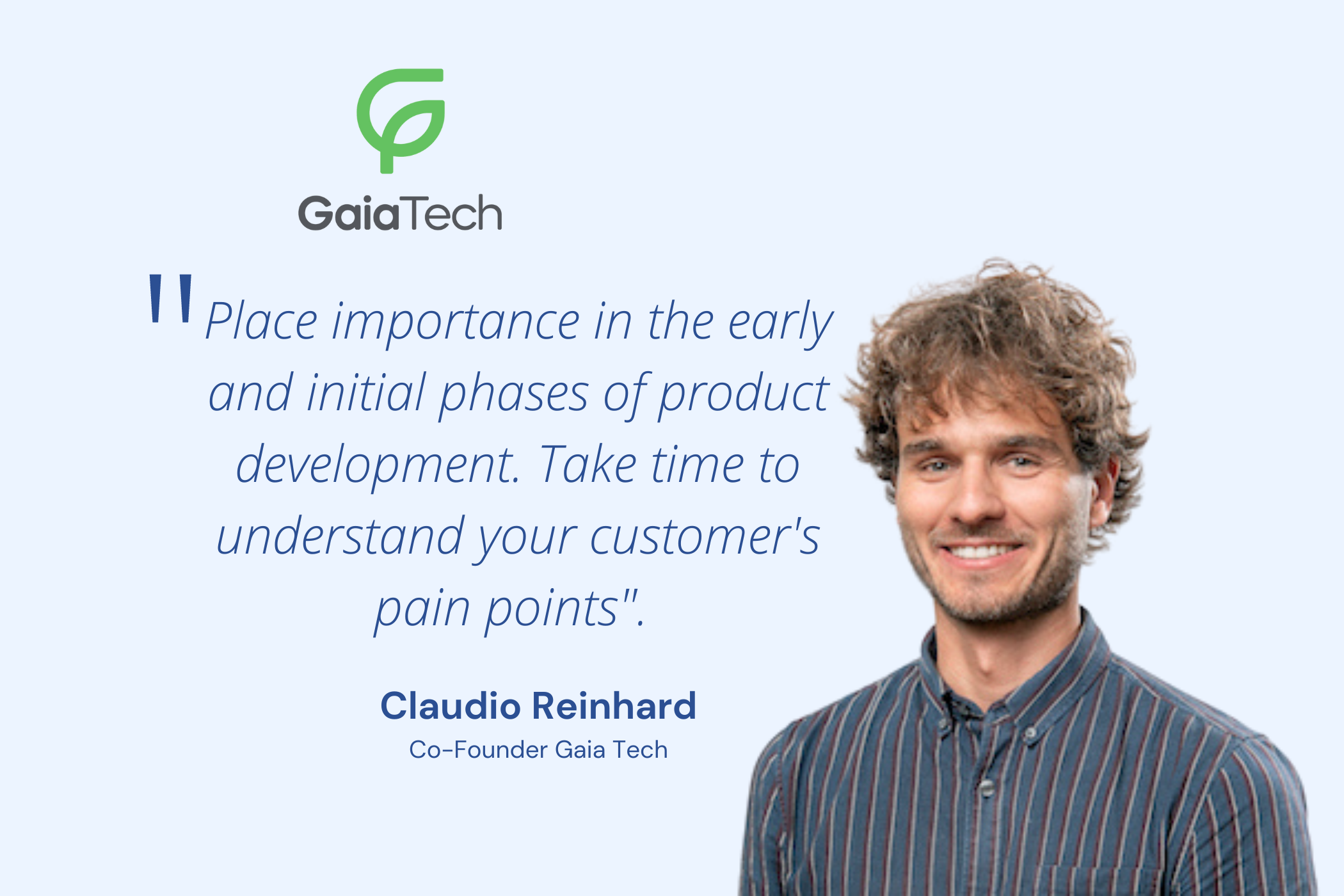
Meet Claudio Reinhard, Co-Founder of Gaia Tech
Gaia Tech is one of the five de Vigier Stiftung Award winners. Find out more about how they leverage agricultural sidestreams to produce high-value ingredients for the processing industry.
Could you introduce Gaia Tech and explain how your company is leveraging agricultural sidestreams to produce high-value ingredients for the processing industry?
Gaia Tech is an ETH spin-off emerging from the EIT Food innovation project “Phenoliva,” which I have coordinated from 2019 – 2022 at ETH Zürich. Together with the Phenoliva consortium, we have developed and tested an antioxidant extract sourced from olive pomace (sidestream from olive oil production) as a natural additive to prolong the shelf life of processed foods (e.g. in margarine or mayonnaise). The team is now building upon this proof-of-concept in order to serve the strong market demand for sustainable and efficient natural ingredients for both the food and cosmetic industry. By uniquely sourcing our ingredients from agricultural sidestreams, we address the massive potential of agricultural by-products and aim for a paradigm change in how our society perceives side streams along the food value chain.
Agricultural sidestream transformation is a unique concept. How did the idea for Gaia Tech come about, and what motivated you to pursue this particular niche within the agricultural sector?
The first time I have worked with agricultural by-products was during my Master thesis, where I was developing a process to valorise sidestreams from the olive oil industry. At this time, I was well aware of the problems related to food waste, such as discarded food products in our homes, restaurants or supermarkets, but I was just learning that even before the food products end up on the shelves in the supermarket, huge amounts of agricultural wastes occur upstream in the food value chain.
An impressive example are the sidestreams from olive oil production: for each bottle of olive oil, there is an equivalent amount of four bottles of a sidestream called olive pomace. And even more surprising is that 98% of all the valuable antioxidants contained in olives are currently just lost to olive pomace, while only 2% of these healthy substances end up in the olive oil we eat.
I realised that behind this side stream problem lay a great business opportunity and decided to further develop this vision, which resulted in initiating the EIT Food project Phenoliva together with Prof. Laura Nyström (Laboratory of Food Biochemistry, ETH Zürich). The Phenoliva project eventually resulted in the foundation of the ETH spin-off Gaia Tech AG together with my two co-founders, Samuel Bühlmann and Enrico Tenaglia.
Gaia Tech has now broadened its focus beyond olives. We learned that most of the crops we consume generate huge amounts of agricultural by-products which often contain a plethora of very valuable natural compounds. Additionally, we also learned that there is a growing trend in the food and cosmetic industries (and many other industries) to move away from synthetic to natural ingredients. In this respect, upcycling is a hot topic in these industries too.
Sustainability is a pressing concern in the agricultural industry. How does Gaia Tech’s approach contribute to reducing waste and promoting more sustainable practices in the agri-food sector?
We source cost-effectively from otherwise neglected by-products (e.g. pomace, pulp, shells, hulls, pits and seeds) which has the potential to result in much more sustainable ingredients compared synthetic ingredients or ingredients sourced from purposely-grown crops (e.g. rosemary extract). But even more importantly, our long-term vision is to not just extract the marketable, natural compounds from the sidestreams, but to also make use of all the biomass that remains after extracting these ingredients.
In the Phenoliva project, we have validated this approach for olive oil sidestreams. After extracting the valuable antioxidants from the olive pomace (which in terms of volumes are only a minor fraction of the pomace), we have used the remaining biomass to produce renewable energies in the form of biogas and, as a last step, have transformed the digestate from the biogas reactor into a valuable soil conditioner enriched with biochar, which went back to the olive fields.
In this way we were able to completely close the cycle in the olive oil industry by bringing back nutrients, carbon and water to the fields while improving soil fertility and preventing greenhouse gas emissions coming from untreated agricultural byproducts.
We envision that by 2030, Gaia Tech will be able to achieve substantial impact by reducing the GHG emissions from agricultural sidstreams by up to 950’000 tons CO2eq/year.
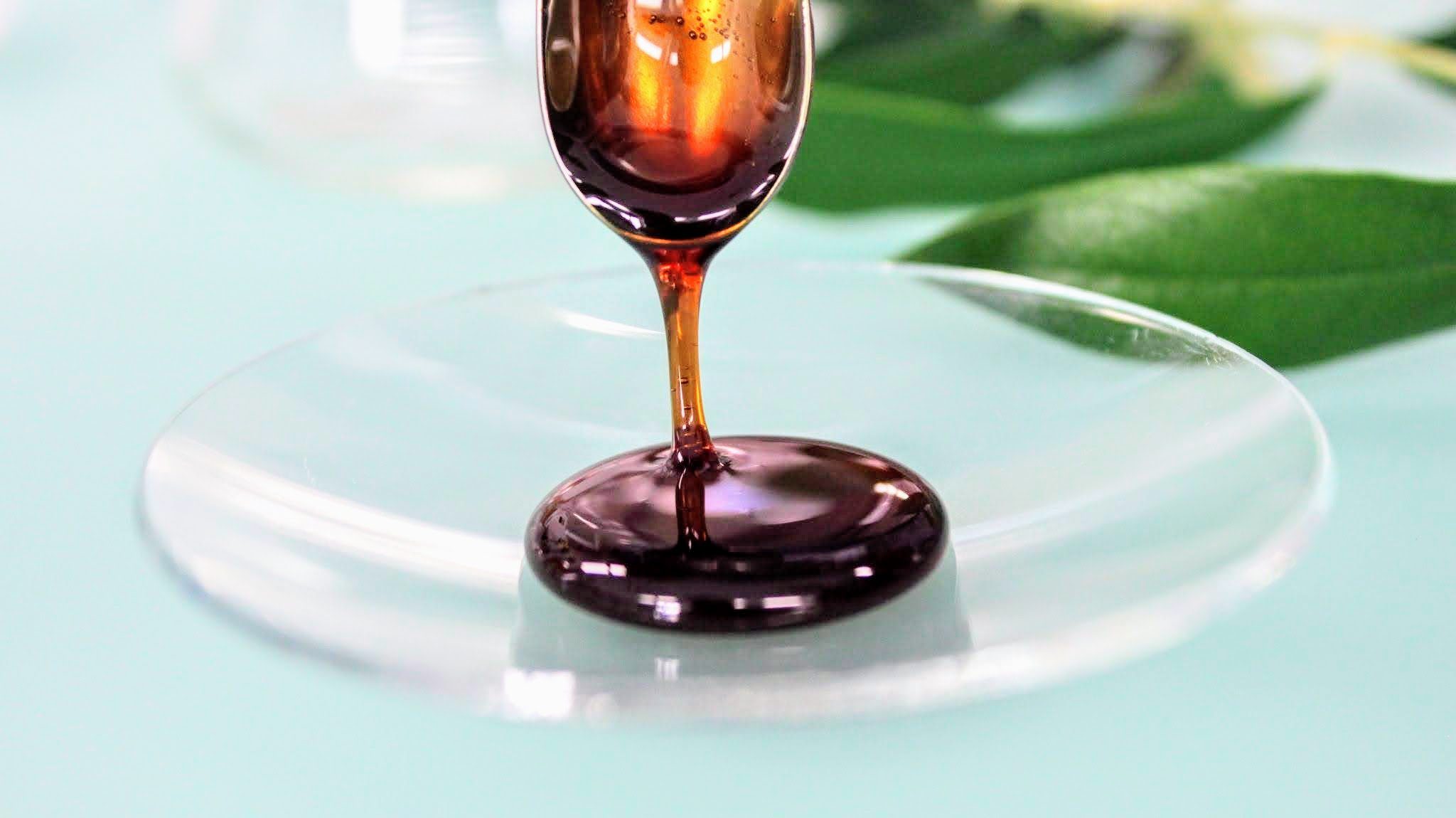
The processing industry demands high-quality ingredients. How does Gaia Tech ensure the consistency and quality of the ingredients?
When working with natural extracts, one of the major challenges is the product standardization. There are strong fluctuations in the composition of the sidestreams depending on geography, climatic conditions and seasonal variations.
A sidestream from the start of the season has a different composition than the same sidestream from the end of the season. In the next year, the same sidestream will have a different composition than this year and an olive pomace sourced from Northern Italy doesn’t have the same antioxidant profile as olive pomace sourced from Andalusia.
We meet this challenge by defining clear product specifications which have to be fulfilled for each production batch, tailoring these specifications to the specific applications of our customers and wisely choosing the sourcing of our raw materials. Furthermore, we are continuously evaluating requirements for product certifications (in cosmetics relevant are INCI, COSMOS, Natrue, etc.) to meet industry requirements.
Regulatory compliance is vital when introducing new ingredients into the market. How is Gaia Tech navigating the regulatory landscape to ensure the safety and approval of your agricultural sidestream-based products?
In fact, regulatory compliance is a very important task in our daily work. Both for the food and cosmetic industry, the regulatory landscape is complex and challenging.
One might think that due to the fact that olives have been consumed for the past 5,000 years, an extract from olives should be applicable to food without any further hurdles. However, this is not the case. In order to use an olive extract in food as a technical additive to prolong product shelf life or as an ingredient to add health benefits, one has to go through an EFSA food additive or novel food approval, which is a lengthy and very costly process. It can easily take 3 years and cost half a million CHF to get a new food additive approved in the EU.
This is a huge burden and challenge for a startup and many startups working in the ingredients sector face this challenge. It is therefore crucial to know the regulatory landscape very well, to understand the different requirements for different niches (e.g. food additive vs. food flavouring) and to understand the regulatory requirements for different geographical regions (e.g. EU vs. US market).
In order to deal with this challenge, we closely work together with regulatory experts from food and cosmetics and continuously learn from other startups and corporations working in the same field.
Consumer awareness of sustainability and eco-friendly products is on the rise. How is Gaia Tech planning to communicate the environmental benefits of its ingredients to consumers and businesses in the processing industry?
People don’t just want to read information about sustainability. They want to see it backed up by real action and transparent data. And that’s what we are going to do. We will show how we source the ingredients and how this benefits our partners. On top of that, we will provide data that proves the effects on human health and the environment, such as a life cycle assessment (LCA). Furthermore, we will invite customers and collaborators to have a glimpse into our research and development efforts by making the door of our labs open, for example. Overall, we wish to interact with a broad set of stakeholders, to inspire and learn from them.
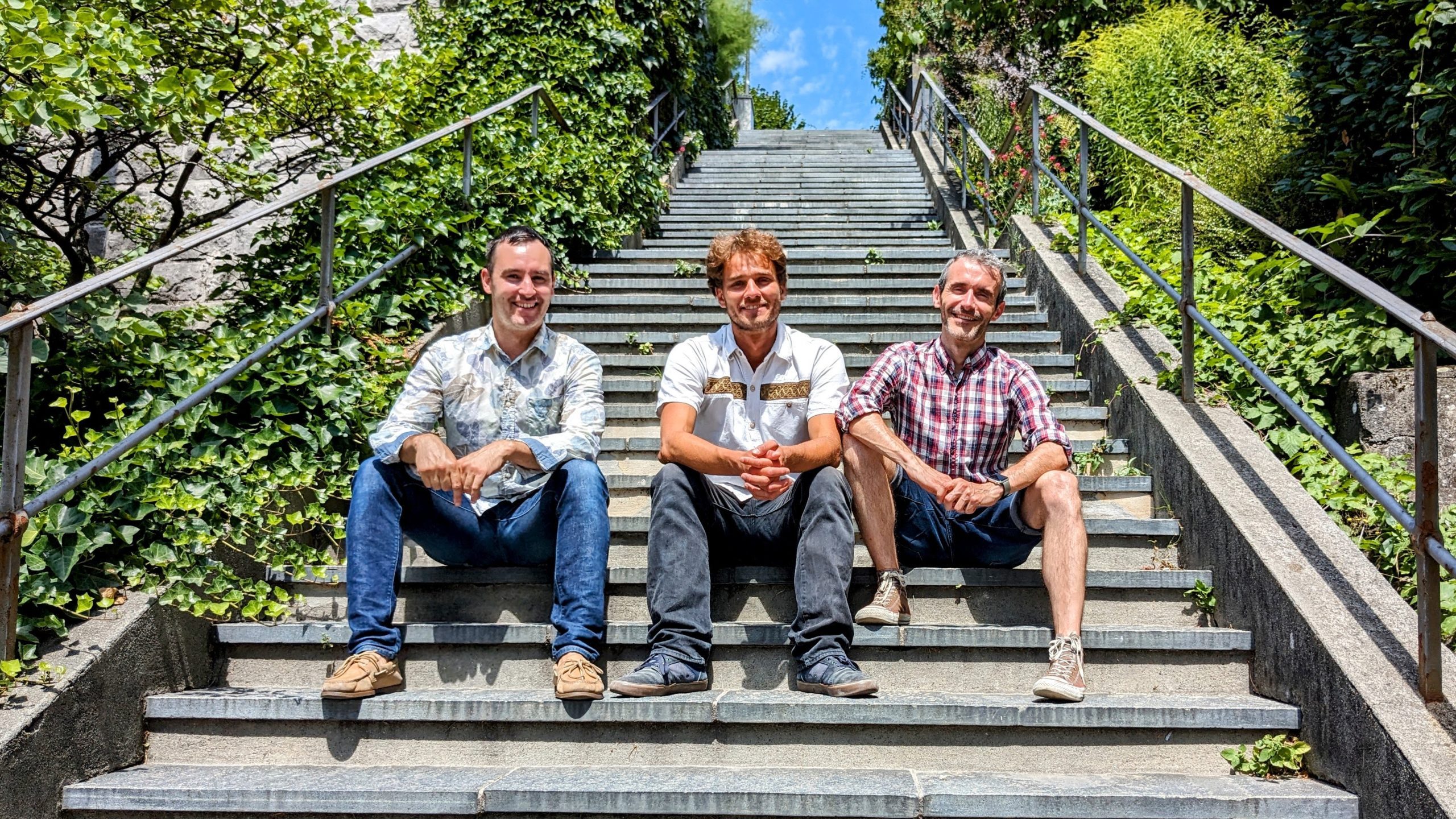
Looking ahead, what are Gaia Tech’s long-term goals and aspirations for the next few years? How do you envision your transformative technology making a lasting impact on the agricultural and processing sectors?
Food and cosmetic product manufacturers are under growing pressure from consumers and regulators, and need to replace potentially harmful ingredients with sustainable and affordable alternatives. Our goal ist to enable this transition towards green chemistry solutions. On the other hand, sidestream producers are looking for new value chains to improve their profitability and lower their environmental impact. We want to raise awareness about the potential of waste streams and make valorization methods more accessible.
Do you have any learnings that you could share: what would you do differently if you were to start all over again?
When starting to work in the field of upcycled ingredients, I underestimated the regulatory hurdles which have to be overcome to sell novel ingredients. It is crucial to understand the regulatory framework and roadmap to the market for the ingredient even before starting product development.
In addition, one of the key learnings when moving our activities from the EIT Food project to the startup was the jump from the academic environment to the business. This is not a trivial matter at all. A well-thought out and validated concept is still far from a successful business.
Next time, I would place more importance in the early and initial phases of product development to better understand the customer’s pain points and needs in order to facilitate the product positioning on the market.
What can the Swiss Startup Association do to support entrepreneurs like you?
The national and regional startup support in Switzerland is truly fantastic. At Gaia Tech we have been benefiting from a number of programs and institutions that offer networking, financing and coaching on a very good level. We shouldn’t take this for granted and hope that Switzerland continues to be a great place for startups. What could help to further promote Switzerland’s attractiveness for new companies might be fewer admin hurdles and costs – it would be great if the association can do something about that.
